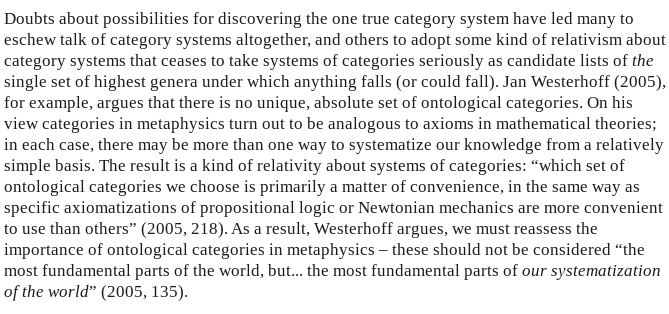In other words, is there a metaphysical view that avoids getting entangled in debates over dichotomies such as:
- Physicalism vs. Non-Physicalism
- Naturalism vs. Supernaturalism
- Physical vs. Mental
- Physical vs. Spiritual
- Monism vs. Dualism
- etc.
For instance, when we introduce the concept of the "physical," assuming the definition isn’t too vague, we inevitably create a demarcation criterion that separates aspects of reality deemed "physical" from those that fail to meet this definition.
Similarly, by introducing the concept of the "natural," we establish a dichotomy between what is "natural" and what is "non-natural." In this context, the label "supernatural" refers to a particular type of "non-natural" entity that is, in some sense, "above the natural."
And so on.
Instead of getting bogged down in debates over the categories or labels assigned to aspects of reality, why not focus on simply discovering what is real, irrespective of those labels?
For instance, if something that meets someone's definition of "natural" turns out to be real and something else that meets someone else's definition of "supernatural" also turns out to be real, does it really matter? What ultimately matters is that things that are real are real—regardless of the imperfect labels we come up with to attempt to categorize them.
Is there a metaphysical view focused on understanding reality as it is without relying on predefined categories, labels, or unnecessary conceptual divisions in the fundamental nature of things?

